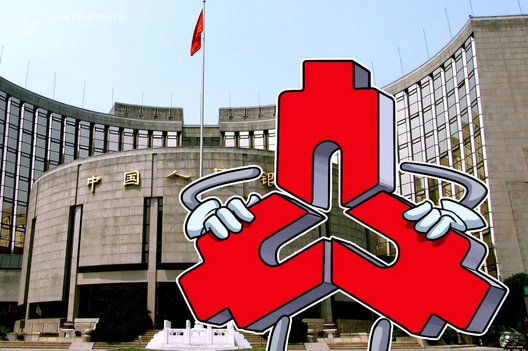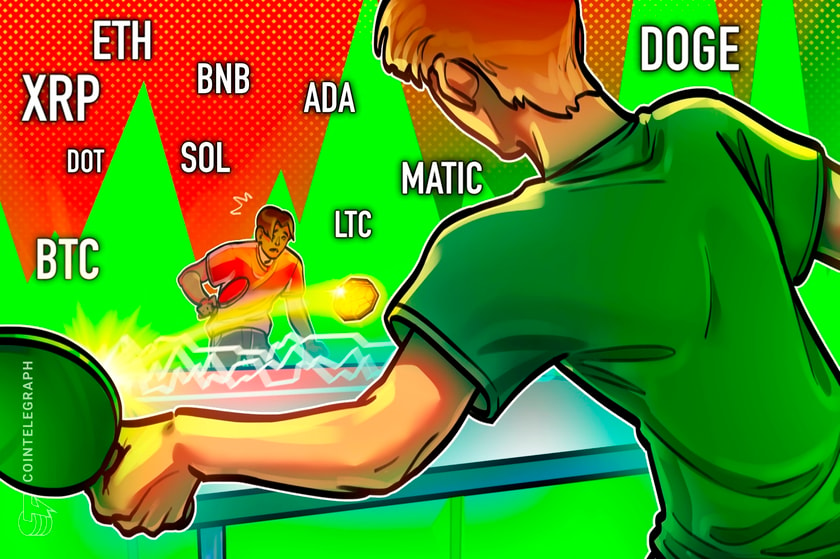Microsoft’s cloud platform Azure has introduced a proof-of-authority (PoA) algorithm on its Ethereum (ETH) blockchain product, according to a blog post Aug. 7.
The new Ethereum network algorithm will reportedly allow a “more efficient” way of building decentralized applications (DApps) for private or consortium networks, where “all consensus participants are known and reputable.”
In contrast to proof-of-work (PoW) — the existing protocol on Azure — a PoA algorithm is based on the principle of approved identities or validators on a blockchain, and does not require competition in completing the transactions.
The new Ethereum product on Azure is equipped with a number of features to ensure its correct functioning and security, such as an identity leasing system, Parity’s web-assembly support, Azure Monitor, and a Governance DApp.
The identity leasing system intends to ensure that while each member possesses “redundant consensus nodes,” no two nodes can carry the same identity. The system provides identity protection even in the case of virtual machine (VM) or outage, so the new nodes “can quickly spin up and resume the previous nodes’ identities.”
Parity’s web-assembly support aims to simplify the process of building smart contracts, enabling customers to write them in languages that are more familiar than the existing Solidity programming language on the ETH blockchain. The blog post notes that developers will now be able to write DApps in such languages as C, C++, and Rust.
The Governance DApp solution intends to simplify voting and validator delegation in the process of participation in a consortium. By enabling this feature, the developers provide customers with a level of abstraction, which allows programmers to hide all but the relevant data about an object in order to lessen complexity and boost efficiency.
The Governance DApp will also ensure that each consortium member has control over his or her own keys, which allows for fully protected signing on a user’s chosen wallet, the blog post writes.
Microsoft first announced the launch of the Ethereum-based Azure cloud computing platform in late 2015. Founded in 2010, Azure provides a global network of Microsoft-managed data centers for developing, testing, deploying, and managing applications and services.
Earlier in June, the R3 blockchain consortium announced that the firm — together with 39 global financial companies — had successfully tested its know your customer (KYC) application, running a total of 45 nodes on Microsoft Azure.









